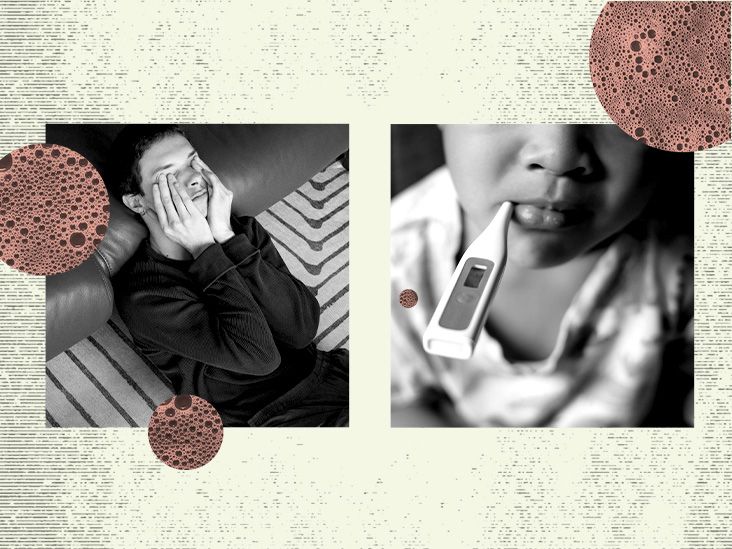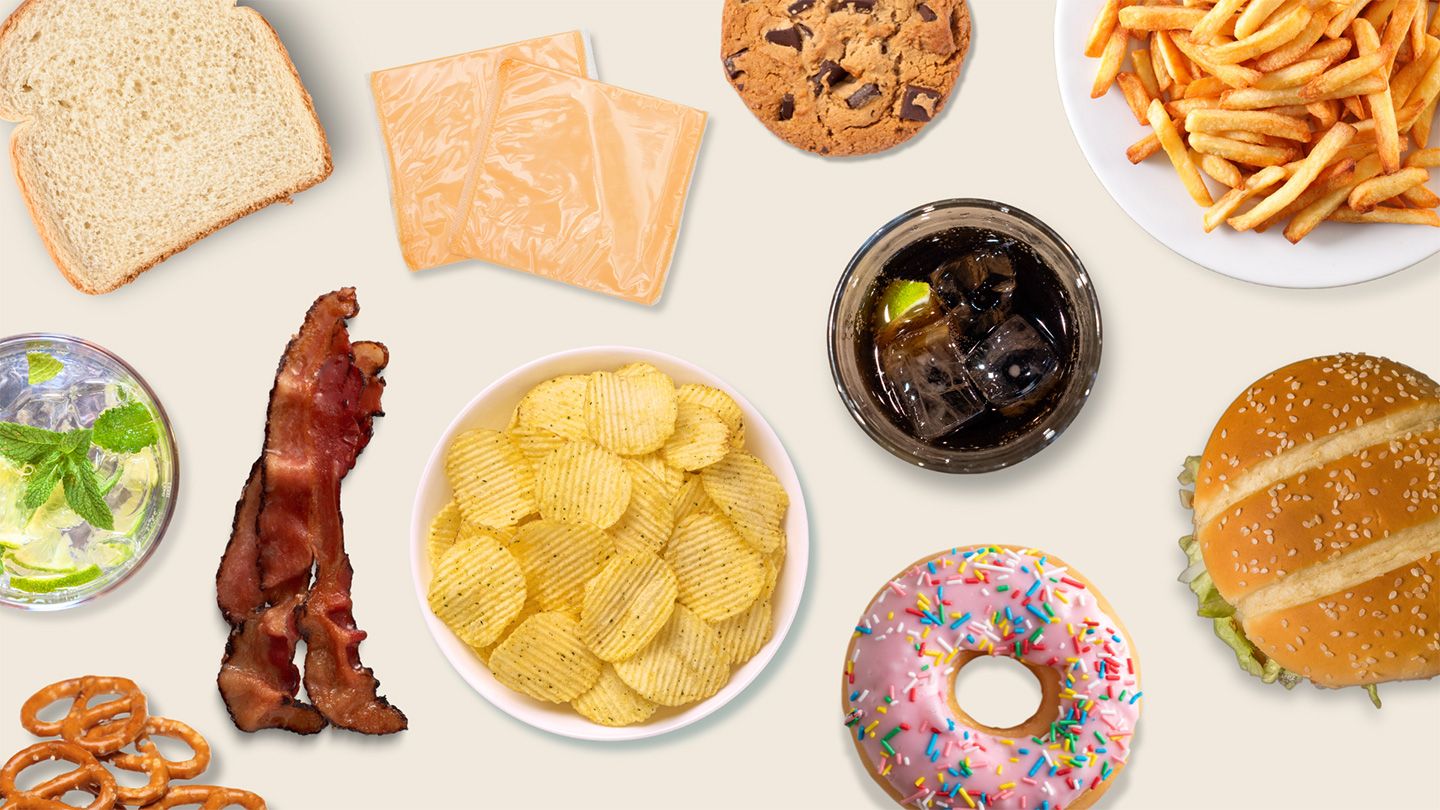Understanding Intermittent Fasting and Cough Drops
Intermittent fasting has become an increasingly popular dieting approach for weight loss and health. The basic concept involves cycling between periods of fasting and eating. One common question that arises is whether certain foods or supplements are allowed during the fasting periods. Specifically, many people wonder if cough drops are permitted when intermittent fasting.
What Defines Breaking a Fast?
During fasting periods, only zero- or very low-calorie foods and drinks are considered compliant. Most experts define breaking a fast as consuming more than 50 calories. Cough drops can potentially contain sugar alcohols or artificial sweeteners that provide a small amount of calories. The exact calorie content varies by brand.
Do Sugar-Free Cough Drops Break a Fast?
Sugar-free cough drops are typically sweetened with sugar alcohols like sorbitol, maltitol, or xylitol. These provide fewer calories per gram compared to regular sugar. A single cough drop likely contains less than 50 calories worth of sugar alcohol sweetener. This small intake should not break your fast from a calorie perspective.
However, even without significant calories, sugar alcohols and artificial sweeteners may still trigger an insulin response. Technically the purity of the fast is affected, although likely minimally. Overall the impact is small enough that having the occasional cough drop during your fast is considered acceptable.
Risks of Cough Drops When Fasting
While sugar-free cough drops have minimal calorie content, some additional risks exist. Consuming these menthol-flavored medicinal lozenges may stimulate digestive processes involving ghrelin, insulin, and enzymes. This could potentially lead to increased hunger.
Additionally, some artificial sweeteners have been linked to changes in healthy gut bacteria. Consuming sweet items may make fasting periods feel more difficult due to cravings and psychological food associations.
Tips for Managing a Cough While Fasting
If you develop a stubborn cough during intermittent fasting windows, several tips can provide relief without requiring cough drops:
- Drink warm broth or tea
- Use saline nasal rinses to ease sinus congestion
- Take mucinex or other medications that dont contain sugar
- Suck on ice chips or frozen fruit
- Use throat lozenges containing natural ingredients like honey or herbs
- Get extra sleep and rest to support immune system functioning
- Diffuse essential oils containing menthol, eucalyptus, peppermint or thyme
The Bottom Line
Consuming an occasional cough drop sweetened with sugar alcohols likely does not contain enough calories to break your fast. However, artificial sweeteners may trigger subtle insulin, hunger hormone, or digestive responses. Limiting cough drop intake as much possible ensures optimal fasting conditions.
Pay attention to your bodys signals when using cough medications while fasting. Hunger, cravings, digestive sensations may indicate an unfavorable effect. Whenever possible, rely on natural remedies instead of cough drops containing sweeteners.
Modifying Fasting Rules for Illness Recovery
Its important to tailor fasting guidelines to your personal health status. When you are acutely or chronically sick, the foremost priority should be recovery. Consuming cough drops or other beneficial medications takes precedence over sticking to rigid intermittent fasting protocols.
You may need to reduce fasting periods, move eating windows earlier or later, or pause fasting altogether when unwell. This flexible approach helps nourish your body, manage unpleasant symptoms, and restore wellness.
Upon recovering, you can gradually ramp fasting periods back up over several days or weeks. Listen to your bodys feedback and adapt as needed based on energy, hunger cues, and other responses.
Disclaimer: This article is for informational purposes only and does not constitute medical advice. Always consult with a healthcare professional before starting any new treatment regimen.
Related Coverage
The mind-body connection reveals how our thoughts and emotions manifest physically. Learning this language of the body enables deeper self-understanding and harmony....
Flu-like symptoms can arise from many causes. Learn triggers, how to differentiate the flu, and simple steps to feel better fast....
Find out if you can mix Nyquil and ibuprofen, or if it's dangerous due to acetaminophen overdose risk. Learn safe dosage limits and alternatives for cold symptom relief....
Examining the potential impact of NyQuil on blood pressure levels, especially for high-risk groups like the elderly, those with hypertension, heart disease, or who are pregnant....
A stuffed up nose is normally just a nuisance, but for vulnerable groups it can occasionally turn dangerous if infections spread or breathing is obstructed....
Learn techniques for capturing the essence of feeling cold in pictures through shooting physical reactions, winter environments, emotions, clothing, and creative compositions....
From tumors to parasites to gruesome infections, doctors encounter many grim medical pictures. See some of the strangest images and the conditions behind them....
Learn how phlegm protects respiratory health, what normal & abnormal mucus looks like, when to seek medical help for changes, and how to improve lung wellbeing....
Learn how over-the-counter medications like Advil and Nyquil work to relieve common cold symptoms. Discover key differences between these options to help treat sore throats, congestion, coughs, and more....
Hemorrhoids themselves are not contagious and cannot spread from person to person. However, bacteria that worsen hemorrhoid inflammation and discomfort can transmit through poor hygiene....









